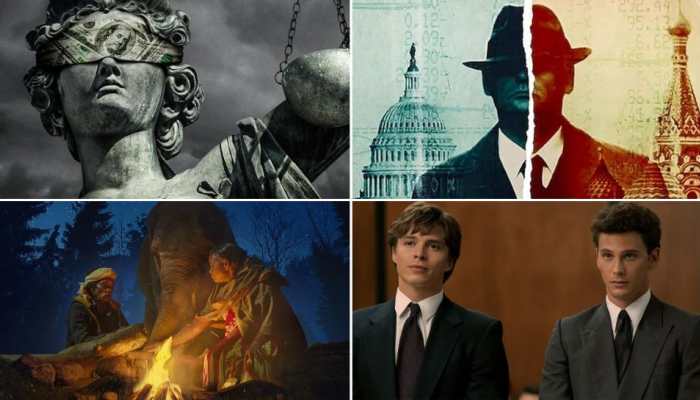Sharif could have been aware of Kargil aggression: Jaswant
Former External Affairs Minister Jaswant Singh believes that Nawaz Sharif could have been aware of Pakistan Army`s aggression in Kargil in 1999 despite the insistence by the then Pakistan Prime Minister that he did not know about it.
Trending Photos
)
New Delhi: Former External Affairs Minister Jaswant Singh believes that Nawaz Sharif could have been aware of Pakistan Army`s aggression in Kargil in 1999 despite the insistence by the then Pakistan Prime Minister that he did not know about it.
"I do not think a Prime Minister can remain unaware," Singh said.
He was responding when asked whether he believes Sharif`s contention that he had no knowledge about the Pakistan Army`s aggression that led to a three-month conflict.
About the then Pakistan Army Chief Gen Pervez Musharraf claiming that Sharif knew about the Kargil action, Singh responded, "So why should we enter that disputation? It is a pointless disputation... It is for Mian saheb himself to answer this question."
Singh said he does not want to say that he disbelieves Sharif`s contention "because then I am charging the Prime Minister of prevarication."
Singh, the then External Affairs Minister, has written about the Kargil episode in his new book `India At Risk`.
He suggested that the aggression by the Pakistan Army was Musharraf`s machinations aimed at scuttling the reconciliation effort attempted by the then Prime Minister Atal Bihari Vajpayee`s bus ride to Lahore.
"We had attempted to set a course and Musharraf altered that course. We are back to the same situation," he observed.
Singh, who was part of the bus ride in February 1999, said Vajpayee`s bold decision had caught the imagination globally.
"(But) There were elements particularly in the Pak army that had set its heart on to bringing India down to its knees... That is what has happened and we had Kargil episode (that) eventually led to Musharraf taking over the country," he said.
Terming the Kargil episode as a challenge to both India`s diplomacy and military, Singh said the army initially did not have a clear assessment about the nature and magnitude of the incursion.
It took about 10-12 days to have the actual picture about the developments there, he said.
"The Chief of Army Staff Gen V P Malik was out of the country (at that time). I asked the Deputy Chief. He said it is terrorists. I said they are causing mayhem. How long will you take to clear them. He said 10 days.... It took same time to assess (the actual situation)," the then Foreign Minister recalled.
Pakistan troops had intruded several kilometres inside the Indian territory in Kargil and occupied mountain peaks with an aim of cutting the supply line to Leh and Siachen.
Singh has written in his book that "the United States knew fully well how the chain of events had started".
He writes that then Secretary of State Madeleine Albright called him on May 30, more than three weeks after the Kargil intrusion came to light, and "did hint at the possibility of a ceasefire, following which a withdrawal of troops would be possible".
When asked about this, he said the US was concerned that the "Kargil contest" must not become nuclear.
"That was the greatest concern in the western powers. That is in that context (that) Madeleine called.
"She said she knew. It was the first confirmation that they had followed the events. Also first recognition by the US that Pakistan is in the wrong. US has always had a kind of a peculiar relationship with our western neighbour. This indicated to me that the wind has turned," he noted.
Stay informed on all the latest news, real-time breaking news updates, and follow all the important headlines in india news and world News on Zee News.
Advertisement
Live Tv
Advertisement







)
)
)
)
)
)
)
)
)
)
